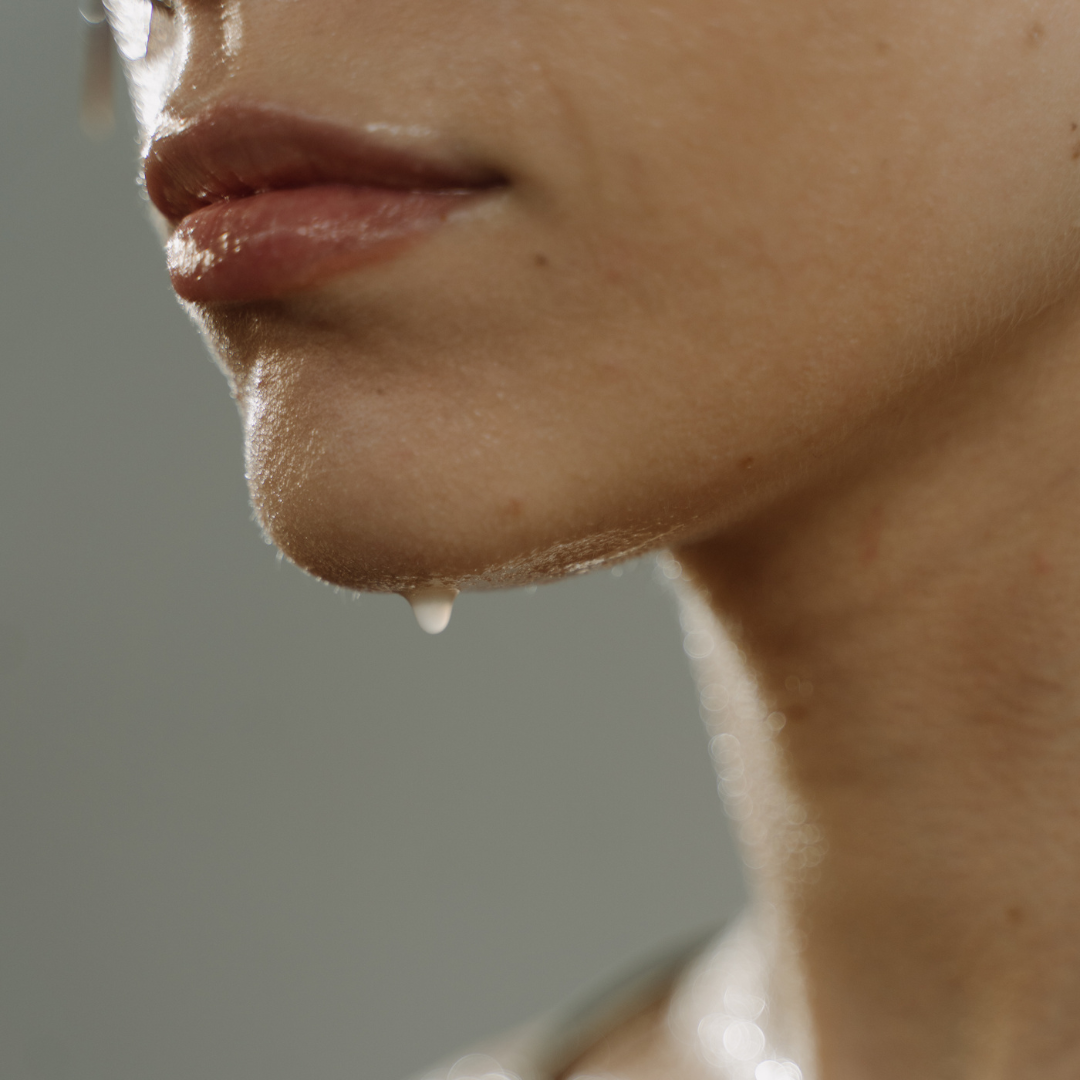
What We Treat
Overactive Bladder
Overactive bladder (OAB) is characterised by urinary urgency (a strong, sudden urge to urinate), frequency (needing to urinate more often than normal), and sometimes urinary incontinence (involuntary loss of urine). OAB can have a significant impact on a person's quality of life, causing anxiety, embarrassment, and social isolation. The exact cause of OAB is not always known, but it may be impacted by lifestyle, medications, previous surgeries, age-related changes, or bladder infections.
Stress Urinary Incontinence
Stress urinary incontinence (SUI) is a type of urinary incontinence that occurs when there is an increase in abdominal pressure, such as during physical activity, coughing, sneezing, laughing, or lifting heavy objects. This increase in pressure can put stress on the bladder and cause urine to leak. SUI is most commonly caused by weakened pelvic floor muscles, which support the bladder and urethra. Childbirth, menopause, and certain medical conditions can also contribute to the development of SUI.
Recurrent UTIs
UTIs are bacterial infections that occur in the urinary tract, which includes the kidneys, ureters, bladder, and urethra. They are a common type of infection, and disproportionately affect women. Symptoms of a UTI might include burning with urination, frequent urination, blood in the urine, or fevers. They are usually treated with antibiotics, as well as lifestyle modifications.
Pelvic Floor Weakness
Pelvic floor weakness refers to a condition in which the muscles of the pelvic floor are not functioning properly. The pelvic floor muscles are a group of muscles that form a sling or hammock-like structure at the base of the pelvis. They help to support the organs in the pelvis, including the bladder, uterus, and rectum, and play a crucial role in urinary and fecal control, sexual function, and childbirth.
Sexual Health
Urologists are trained to diagnose and manage sexual health disorders and concerns. We work with individuals and couples to address a wide range of issues related to sexual health, including sexual dysfunction, sexual pain, and low libido. We work with patients to develop treatment plans that incorporate medical, psychological, and lifestyle interventions to address sexual health concerns.
Postpartum Care
After pregnancy and giving birth, individuals may experience a wide range of pelvic and sexual health challenges, such as incontinence, overactive bladder, recurrent urinary infections, change in sensation and painful intercourse. Body image concerns such as stretch marks as well as diastasis recti are also common and may have a significant impact on emotional well-being.
Genitourinary Syndrome of Menopause
Menopause can lead to a range of physical and emotional symptoms, including hot flashes, vaginal dryness, painful sex, sleep disturbances, mood changes, and changes in sexual function. Genitourinary Syndrome of Menopause (GSM) may include vaginal dryness, vaginal irritation, urinary symptoms, and recurrent UTIs. There are a variety of treatment options available and a detailed history will help to determine the best option for you.







